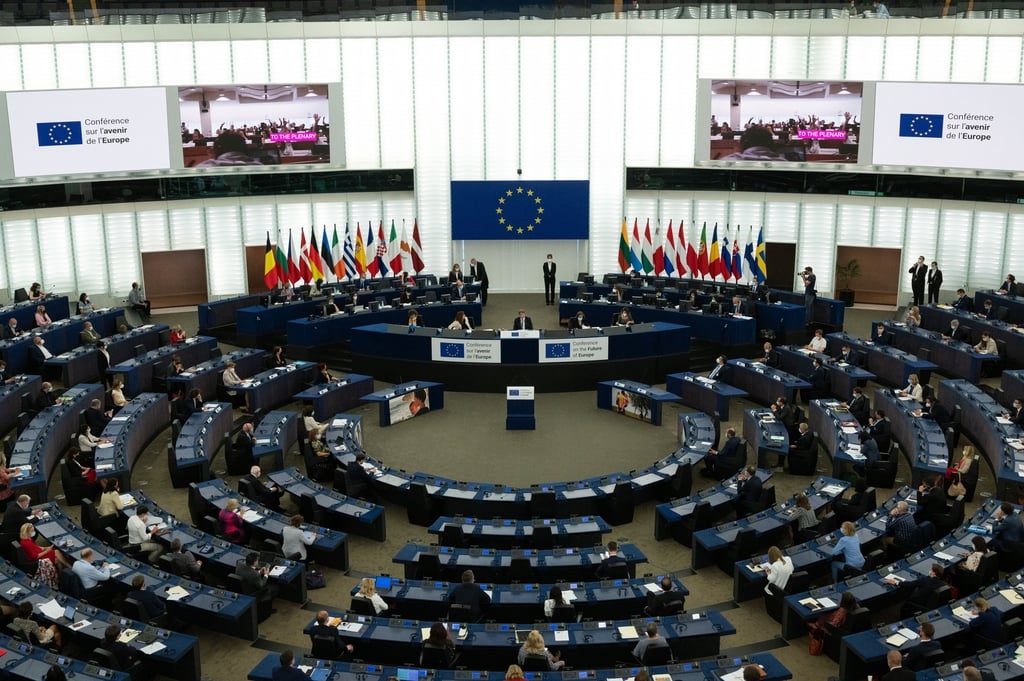Von der Leyen described her re-election as a "strong message."Continue reading

Minister of EU Affairs János Bóka, stated that the future political direction of the European Union will be determined by a European oligarchy, marginalizing those outside this circle and questioning their Europeanism.
The politician criticized Ursula von der Leyen’s election as Commission President, noting that she was elected with the support of Liberals and Greens, who suffered significant losses in the European elections, while rejecting cooperation with strengthened conservative groups like the ECR (European Conservatives and Reformists) and the PfE (Patriots for Europe). This, he argued, results in a fragile political platform for the European Commission over the next five years.
Minister Bóka highlighted that von der Leyen’s program includes elements such as competitiveness, strengthening defense policy, and rethinking agricultural policy, which align with the EPP (European People’s Party) and its right-wing groups, despite her primary political supporters being to the left of the EPP. He contrasted the current commission with previous ones, describing it as a transformation into a party-political commission, as von der Leyen identified certain political forces she intends to politicize against.
The Commission President’s program and the EU’s policies are thus moving in the direction of internalization and federalism,” János Bóka said.
He also noted von der Leyen’s ambition to create a European investigative authority from Europol and a European border guard from Frontex, laying the foundations for a European secret service for information operations. These moves reflect a strong federalist ambition, which he argues, may lack support from member states.
“It is the cooperation of a European oligarchy that will determine the political direction of the European Union, and those outside this European oligarchy will seek to marginalize them, question their Europeanism, and exclude them from the European dialogue,” the Minister emphasized, adding that this effort aims to delegitimize and exclude non-oligarchic voices from European political discourse.
Via MTI; Featured Image: Twitter / European Parliament